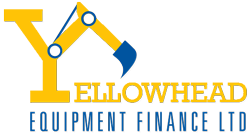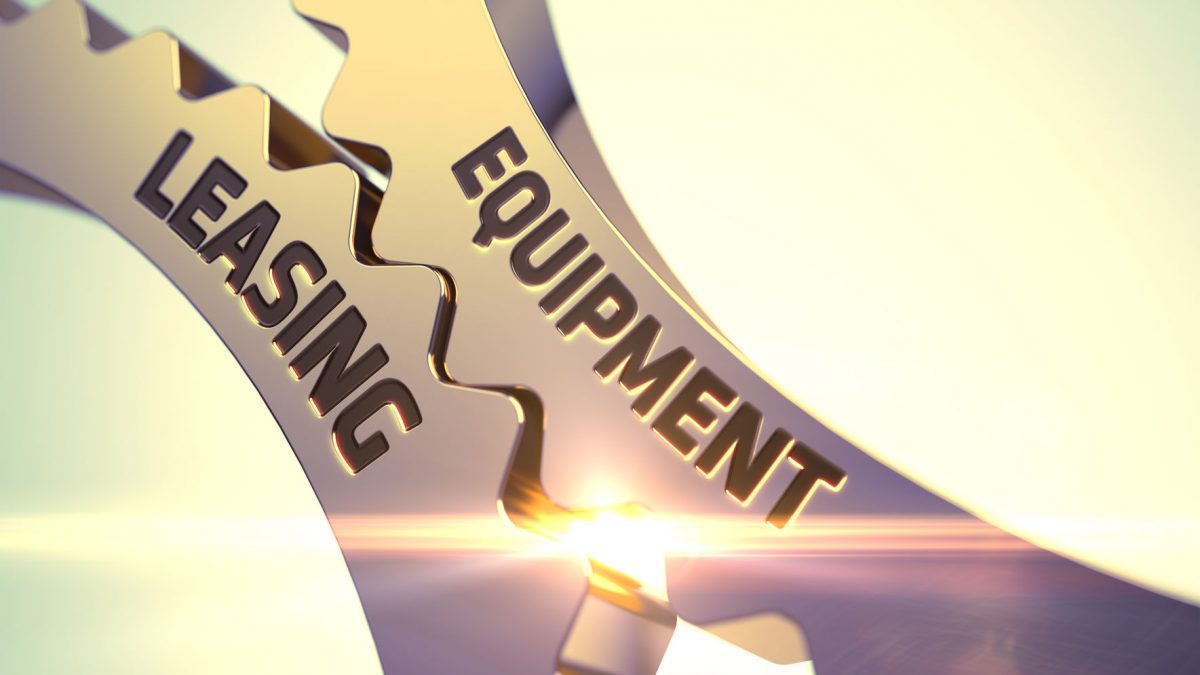
5 Questions To Ask Before Leasing Equipment
July 23, 2019
5 Signs Leasing Would Help Your Business
September 18, 2019Regardless of what industry you are in, equipment is expensive. For any start up company, chances are likely that equipment will take up 30-70% of your operating costs. Because equipment takes such a hefty chunk out of your cash flow, you want to make sure that it’s the right fit for you.
That being said, there are some tactics to consider that can help you in cutting costs while leasing equipment. It’s these particular tactics that cut corners without cutting into the productivity of the equipment. The best kind of efficiency.
Ensure You’re Talking To The Right People And Getting The Right Financing
The equipment leasing industry is massive and the most common mistake people make is confusing leasing with loans. It becomes especially confusing when people mix up traditional equipment financing with something that’s called working capital loans.
For one, working capital loans will overcharge you because they don’t put a lot of value onto equipment itself. Working capital loan rates are typically higher and they don’t consider any collateral that you have or your plans to use the loan. At the end of the day working capital loans are basically a cash injection for your business that you can use for whatever you like.
With equipment leasing, you’re already saving money because you’re in the market for a specific piece of equipment. Instead of giving you money to buy the equipment, you’re getting the equipment itself. From there the lessor can place value on the equipment itself and use it as collateral as well should you default.
Get The Right Type Of Lease
There are two types of leases you need to be aware of: capital leases and operating leases. Each one functions differently and understanding them both can help you in saving money while you are leasing equipment.
Capital leases are also known as $1 buyout leases specifically for their buyout clause at the end of $1. With these leases you have the equipment on lease for about 2-5 years, make your monthly payments, and then you’ll pay either $1 or a relatively small sum of money to own the equipment at the end.
Operating leases – or fair market value (FMV) leases – is when you lease the equipment on an as needed basis. You use the equipment as needed and once the lease is over, you have a chance to buy it then based on it’s fair market value.
So what type of lease is good for you?
Generally speaking, FMV leases are a stronger choice, but require both a high personal credit score and higher business revenue. If you have that, then you can save a fair bit of money from these types of leases.
For one, FMV leases have lower monthly payments than capital leases. After all, you are potentially paying a higher price for the equipment with an FMV lease than a capital lease. But one other thing to note is that if you do intend to buy the equipment in the end, you could end up paying less than it’s fair market value. Indeed, you have the potential to save even more money.
You can save money this way because it saves the lessor from hunting down a different buyer for that piece of equipment. As such, a lessor is more than willing to give you a discount when you ask for it just so it gets off their hands.
Understand All Your Tax Benefits
But regardless of what lease you decide to select, you’ll have access to some tax benefits and those in turn will save you money. For one, the lease payments can serve as operational costs which are tax deductible. Even the overall purchase of the equipment is a deductible.
The other distinct benefit is that while you are leasing the equipment, you do not have to record the fair market value of the equipment as a capital gain. You technically don’t own the equipment, even if your intention is to buy the equipment later. This can save you massive money as you don’t have to record gains or losses or pay for the appreciation.
Go Used
The final tip for saving money is a common one, but worth bringing up: considering used equipment. You need to play this one by ear, however getting used equipment in some cases can be in your favour. For example, getting a used vehicle or items like refrigerators, or freezers are good candidates while getting used technology equipment may not be so good.
Going for used equipment in most cases is a smart idea because businesses will already have the item discounted. On top of that, if the previous owner took good care of the equipment it’s highly likely that there isn’t any faulty parts to it, making it feel like it’s brand new.
All in all, hunting for used equipment can be a way to save a good chunk of change and get virtually the same thing in the end. It’s a win-win situation for you.
Save Where You Can
There are plenty of opportunities for you to be saving money on equipment leasing and a lot of cases it’s talking to your lessor. On top of that, be sure to explore all your options and make sure you understand the contract that you’re getting into before signing anything.





